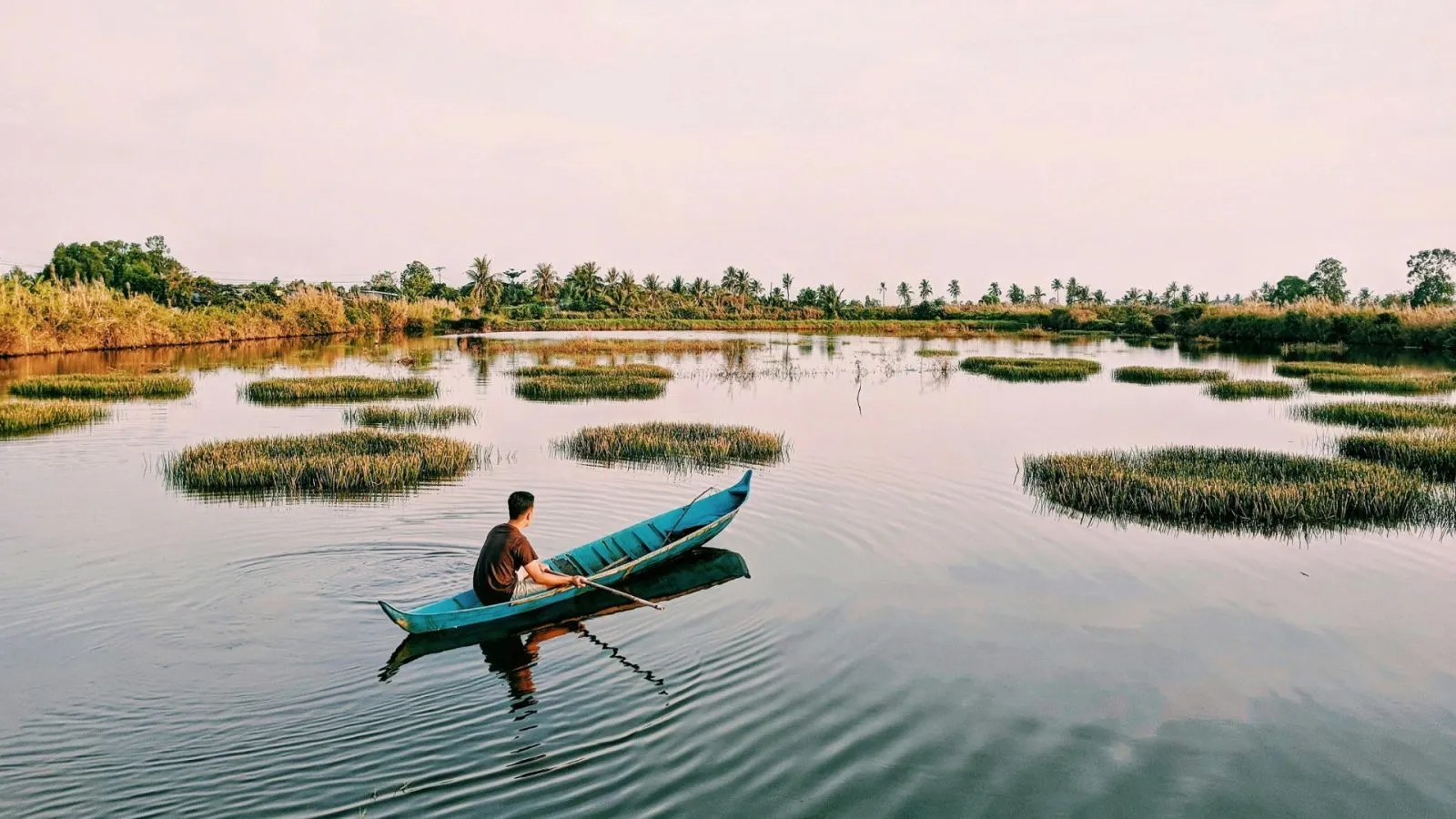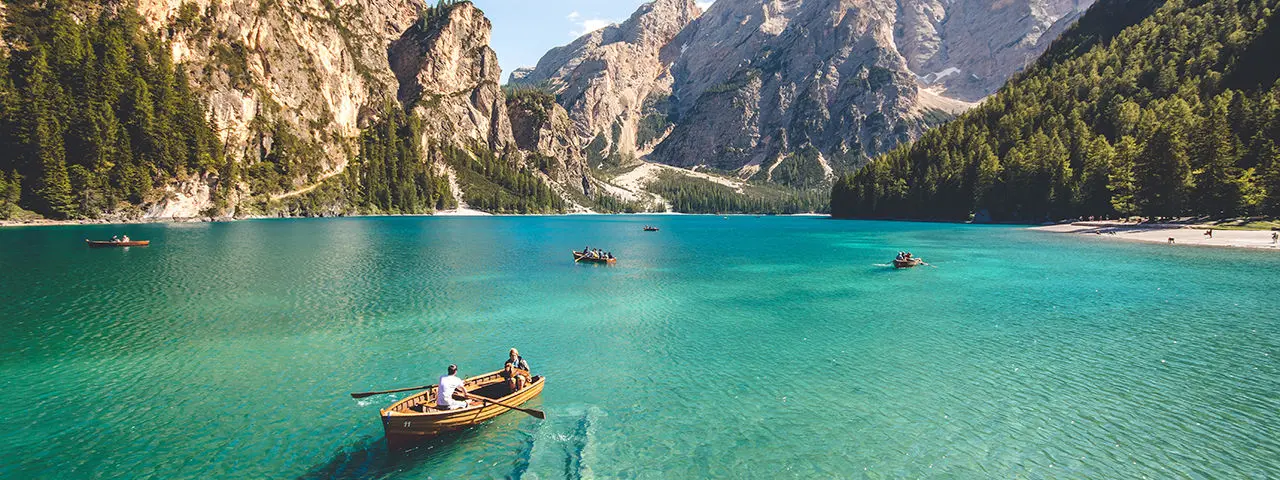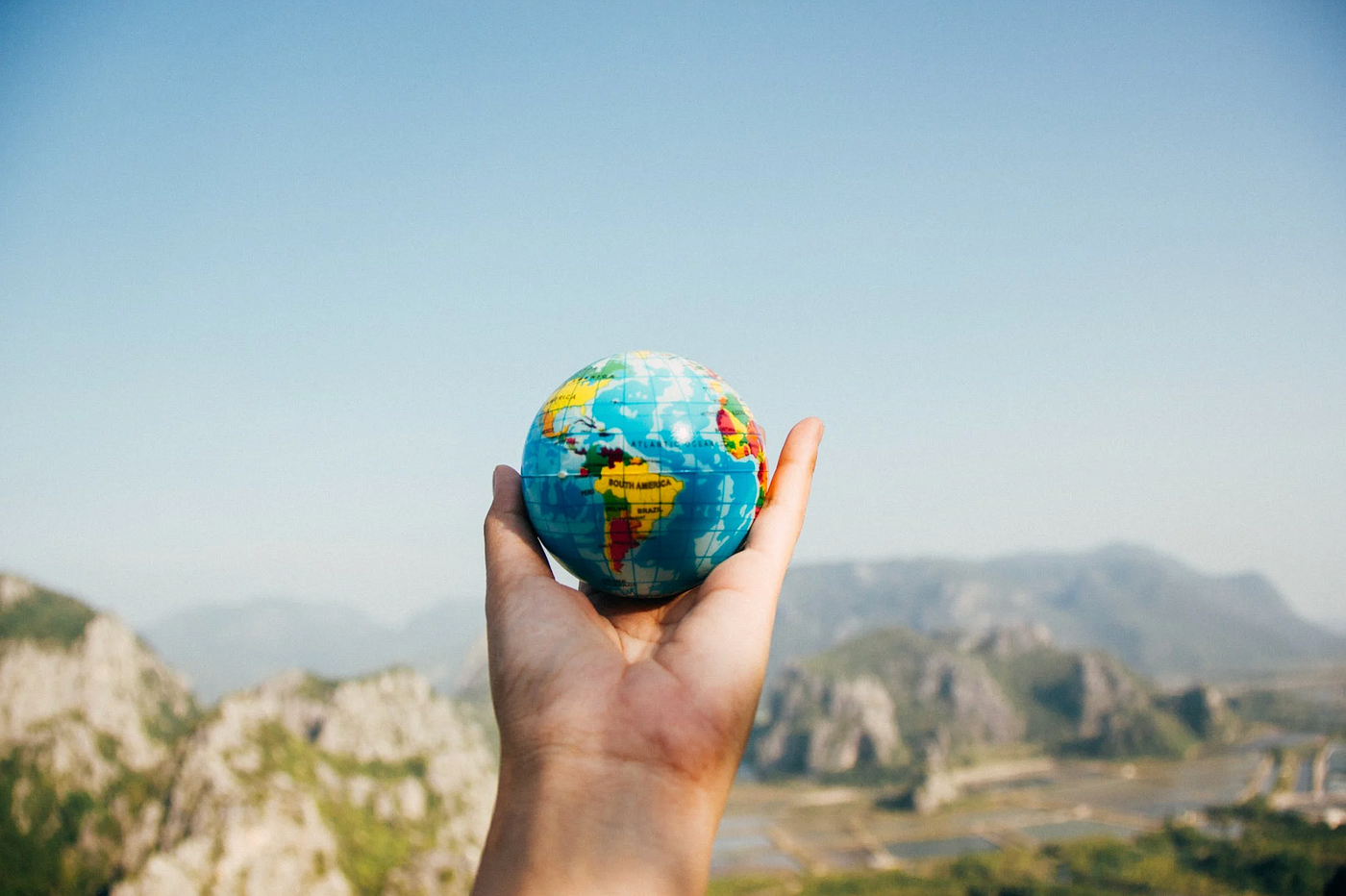The Secret Life Lessons You Learn Around a Pool Table
If you think playing pool or snooker is all about potting cue balls, you’re wrong. There’s a reason the pool tables at your local pub are always packed and snooker halls are like time capsules for old friends and new rivals. Cue sports teach you so much more than how to pot a black ball – it teaches you about patience, planning and not taking yourself too seriously.
It’s More Than a Game — It’s an Education
Let’s face it: you’ll never really understand the meaning of humility until you’ve missed a straight shot into the pot and let your opponent clear the pool table with ease. Or until you’ve planned three shots in advance, only for the cue ball to bounce off a cushion like it’s got a mind of its own. That’s when you realise: life can sometimes be like the pool table, you can’t control everything – but you can always control the next shot.
That’s why more and more people in the UK are investing in their own snooker cues. It’s great to have a cue stick that’s yours – you know the weight, the cue tip and the characteristics. It’s a reliable companion when the pressure is on.
Why Pool Nights Beat Netflix Binges
Picture this: you’ve got a free Friday night. You could stay home, flick through the same old TV shows, or grab your pool cue, head down to the local bar, and have a good laugh with your mates.
Pool and snooker give you something that screens can never give you – real communication. Think of it as the banter after a fluke double, the whispered banter when your opponent misses a drive, and the toast when you hit an unexpected shot.
A Cue That Suits You
Of course, having the right English pool cue can make all the difference. A worn-out, warped bar cue is like playing with a dart with bent wings – sure, you can play, but you’ll never be in full control. Whether you’re looking for the subtlety of a snooker cue or the versatility of a pool cue, the right billiard cue is an extension of your arm.
Don’t just go with the cheapest one and expect it to work. Try a few to get a feel for the weight, balance, and how it feels in your hand. You’ll know when it’s right. A good billiard snooker cue is an investment – not just for your game, but for those happy moments every time you pull off a tricky chip and nail it.
Keep It Simple: Tips for Taking Care of Your Cue
The bottom line is: your cue stick isn’t indestructible. Take good care of it and it will pay you back. Put it in its cue case when you’re not playing. Give it a wipe now and then – no one likes a chalky cue shaft. And whatever you do, don’t leave it leaning against the radiator overnight. A bent snooker cue leads to a poor game.
What’s the Takeaway?
So next time someone says to you to play a few rounds, tell them this: pool and snooker aren’t just games –they’re life lessons with a pint and a bit of banter thrown in.
They keep you grounded, teach you how to deal with the unexpected and remind you that sometimes the best plan is to chalk up, hit the cue ball and see where it lands.
If you’re ready to take your game to the next level, check out the latest in pool snooker cues and billiards – because the right cue can not only improve your game, it can make your weekends more exciting.











